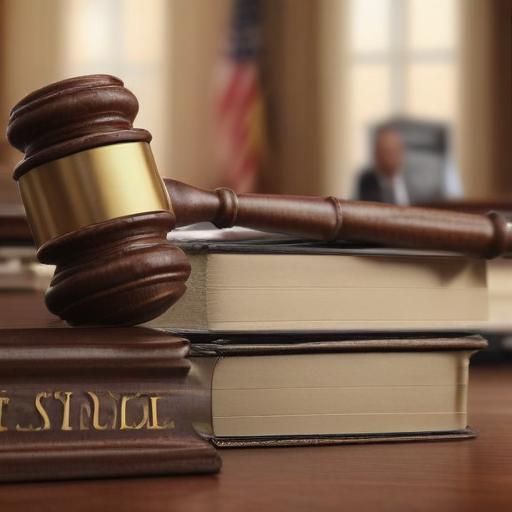In the ongoing retrial of Karen Read, the testimony of Boston Police Officer Kelly Dever has drawn significant attention due to the intense exchanges she had with defense attorney Alan Jackson. Dever, who was on night patrol in Canton during the events surrounding the death of Read’s boyfriend, John O’Keefe, provided a statement to federal investigators that has since become contentious.
On January 29, 2022, the same day O’Keefe’s body was discovered, Dever was reportedly tasked with covering dispatch. Jackson confronted her about a claim she had made to federal authorities, which stated that she had observed then-police chief Ken Berkowitz and ATF agent Brian Higgins with Read’s SUV for an extended period. However, during her recent testimony, Dever retracted this statement, stating it was a false memory, asserting that her shift ended at 3:45 p.m., and therefore, she could not have witnessed their interaction with the SUV since it wasn’t towed until later.
Legal analysts, including retired Superior Court Judge Jack Lu, have noted that Dever’s testimony and memory issues in this case will not impact her credibility in future trials, as a failure of memory is not transferable to other cases. However, defense attorney Mark Bederow expressed concern over Dever’s reliability, highlighting the specificity of her initial claim and describing her recantation as troubling. He also raised questions about a meeting Dever had with Boston Police Commissioner Michael Cox prior to her testimony, suggesting it might have influenced her statements.
Dever’s demeanor on the stand has been characterized as “embarrassing” and “beyond inappropriate” by Bederow, who found her openly hostile toward Jackson to be unprofessional. Nonetheless, Lu defended her conduct as simply reflecting the tense nature of courtroom exchanges, stating that such an environment is to be expected during trials.
This trial has revealed deep complexities regarding memory, authority, and professional conduct within law enforcement testimony, raising questions about how these factors interplay in the justice system. As the case unfolds, observers remain hopeful that transparency will prevail and contribute to a fair adjudication process.
